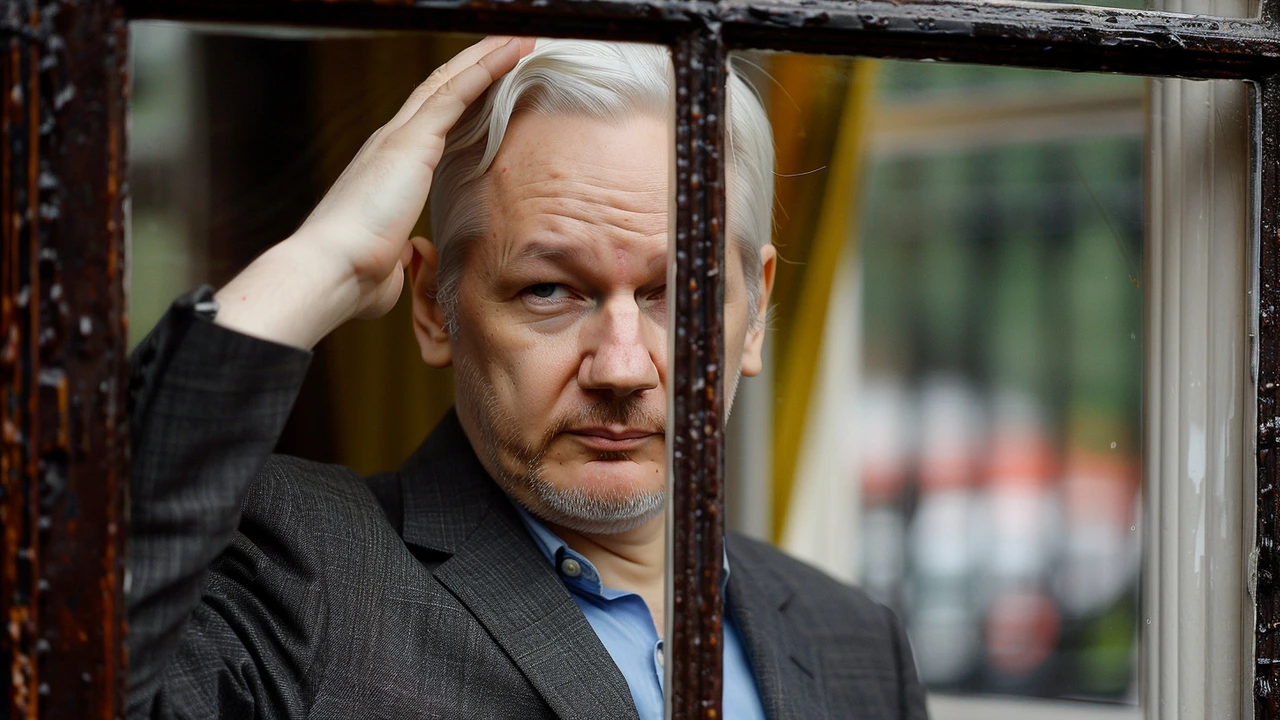Julian Assange: Latest News and Why It Matters
Julian Assange has been in the headlines for years, but every new development still feels fresh. Whether it’s a court ruling, a health update, or a comment from a journalist, the story keeps evolving. At Rowallan Park Daily News Africa we bring you the most useful facts so you can stay informed without wading through endless speculation.
Right now the biggest talk is about his possible extradition to the United States. US officials say the charges are about espionage, while supporters argue it’s an attack on press freedom. The latest hearing in London showed the judge weighing both legal arguments and the impact on Assange’s health. If you follow the case, you’ll notice how every legal nuance can change the outcome for journalists everywhere.
The Legal Battle Explained
The core of the legal fight is whether publishing classified documents counts as a crime. In the UK, extradition requires a "dual criminality" test – the act must be illegal in both countries. US prosecutors claim the leaks put lives at risk, while UK courts examine if the same conduct would be a crime under British law.
Recent updates show the US has pushed for a speedy process, but Assange’s lawyers argue he needs treatment for his ongoing health issues before any move. They’ve asked for a stay of proceedings, saying a forced transfer could worsen his condition. The judge’s latest memo hinted at a possible suspension, but no final decision has been made yet.
What this means for readers is simple: the case isn’t just about one person. It sets a precedent for how the world treats whistleblowers and journalists who publish sensitive material. If Assange is sent to the US, future reporters might think twice before exposing wrongdoing.
Impact on Journalism and Free Speech
Assange’s story is a real‑world example of the clash between national security and the public’s right to know. Media outlets watch his case closely because a harsh verdict could chill investigative reporting. On the flip side, many NGOs rally around his defense, arguing that strong press freedom protects democracy.
In everyday terms, the outcome could affect how newspapers handle leaks. If the courts lean toward heavy punishment, editors might tighten their vetting process, delaying stories that matter. If the decision favors Assange, it could empower more whistleblowers to come forward, knowing the legal system can protect them.
For anyone interested in staying updated, the key is to watch official court filings and credible news sources. Social media is full of rumors, but the real facts are in the legal documents and statements from Assange’s legal team.
Bottom line: Julian Assange’s case isn’t a distant political drama – it’s a barometer for press freedom worldwide. Keep an eye on the latest rulings, follow health reports, and think about what his fate means for the stories you read every day. At Rowallan Park Daily News Africa we’ll keep breaking down the headlines into clear, practical information you can trust.
Julian Assange, WikiLeaks founder, has agreed to plead guilty to violating the Espionage Act. The plea deal, which will be finalized on Wednesday, will resolve Assange's legal issues with the U.S. government. He will receive credit for five years spent in a U.K. prison. Assange was indicted in 2019 for releasing classified military information and is set to plead guilty to conspiracy charges connected to Chelsea Manning.
More
